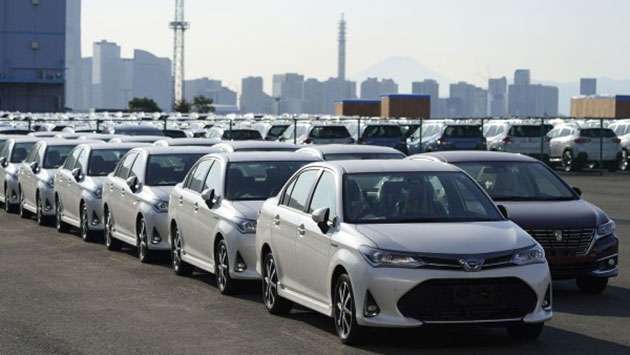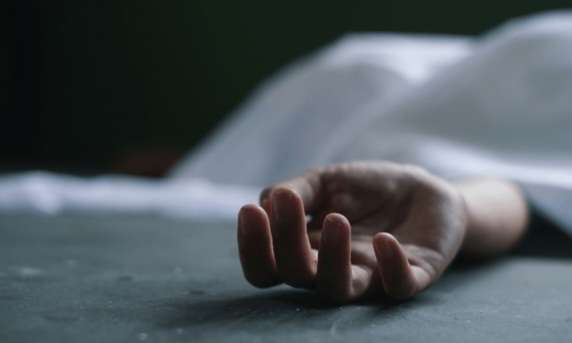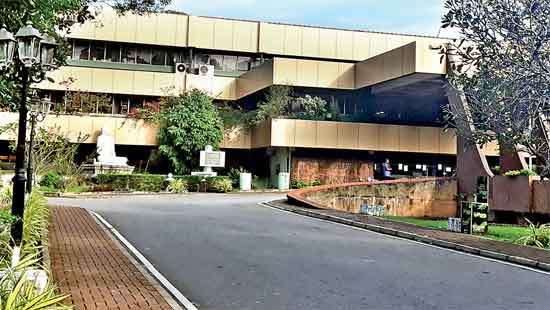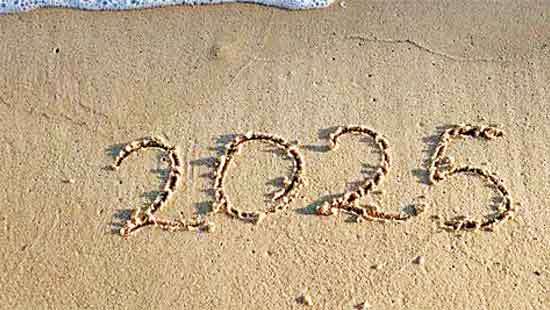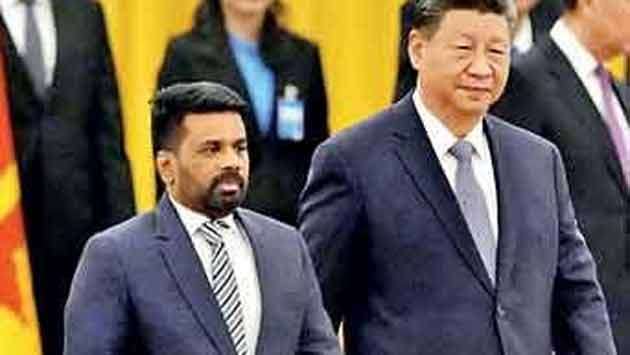Black January and enemies within the fraternity
31 January 2012 07:24 am Views - 2740
Black January was not an exaggerative fictional term that came into being after Lasantha Wickramatunga’s death. In fact, his assassination only made the month blacker. The contextual significance of Black January is that the month accounts for the most number of attacks and brutalities on journalists. Mr.Wickramatunga’s death, the arson attack on Sirasa media complex and the abduction of Prageeth Eknaligoda are only three incidents in the long list.
In the outset, the demonstration by a few media organizations demanding answers to the questions that are left unanswered so far, had to dare a few thwarting attempts. First it was the Colombo magistrate’s order to police to limit the protest to the Fort Railway Station compound without extending it to the roads. The venue of the demonstration was shifted to the Lipton Circus at the last minute. However, a pro-government armed group held their rally in front of the Fort Railway Station, violating the very regulations imposed by the Magistrate. Those who horded the Fort Railway Station shouted slogans criticizing their fellow media men to have been bribed by the NGOs and the pro-LTTE sects: this was a blatant insult not only to those who took part in the Black January promenade but also to the profession itself. What was most disconcerting however was the fact that it came from within the fraternity.
In a democracy, everyone is entitled to his or her opinion which may contradict or support that of the other. The fact that it contradicts the approved method of thinking does not necessarily make one an LTTE supporter. When it comes to the Black January demo, demanding justice and freedom to exercise what is rightfully theirs cannot be called a crime; nor can they be called traitors for urging the authorities to ensure their right.
What everyone in the fraternity needs to understand is that increasing political interference, though inevitable it may be, should not be given space to creep inside. On the other hand, politicians also need to realize that, media should be left for themselves to do their job. Politicians are well known to make the pains and tribulations of others their ultimate gain. Whether they are talking on behalf of the press freedom or seemingly fighting for justice, more often than not their concerns are more pretentious than genuine. Given their track records and the nature, they will make use of any public grievances for their personal thriving. One cannot really blame them for this shameless behaviour, when the media fraternity should know little too well that by attaining support of the politicians or going by their words, it is their credibility that goes into shreds. One should not also forget that, those who come and pledge their allegiance will not be there to rescue a journalist at a time of trouble.
It will be only the ones in the fraternity who will raise their voice for your rescue and parade the streets under the scorching sun. Then, it will matter very little whether you were praising the government or otherwise. In Sri Lanka, those who choose the profession are doomed for eternity but the only consolation is that loyalties earned from fellowmen are there to stay.
As the hackneyed line goes, the journalist is the voice of the voiceless. The fraternity should make sure that its togetherness becomes the microphone to carry that voice to the masses rather than a mouthpiece of the powers that be.
